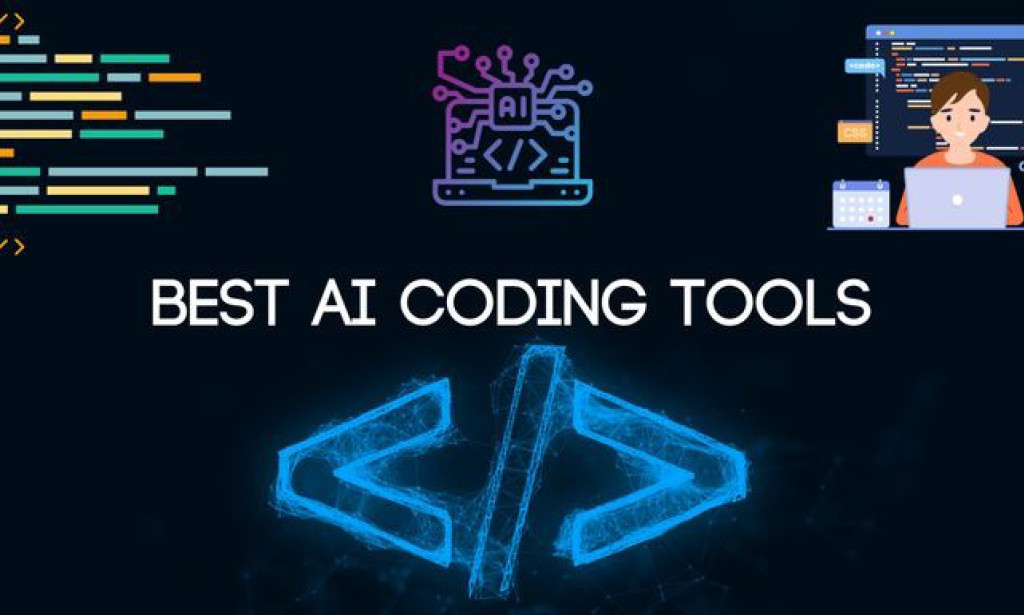The rise of artificial intelligence has brought game-changing tools to almost every industry, and the programming world has not been left behind. Of these AI-driven code assistants, some have turned out to be a goldmine for developers, be they seasoned professionals or coding novices. They are meant to increase productivity, simplify complex tasks, and nurture learning while making coding more productive, efficient, and accessible to one and all.
In essence, code assistants are virtual co-workers that, in real time, give suggestions, generate code snippets, and even hunt down bugs as you work. Such tools help save time for developers dealing with boilerplate tasks by offloading the work of creating boilerplate code. Similarly, with the help of advanced AI models, like GitHub Copilot or Tabnine, tools can make suggestions to complete a line of code or even a whole function, enormously speeding up developers' workflows. That also allowed developers to focus their efforts on solving specific problems, not on reinventing the wheel.
One of the most difficult parts of programming—debugging—is also one of the strong suits of code assistants. They could analyze the code in real time and would be capable of warning about potential mistakes and suggesting fixes before they become big problems. Especially, Kite and DeepCode are powerful in picking up logical errors, undefined variables, or deprecated syntax. Proactive error detection saves debugging time and ensures cleaner, more reliable code.
To beginners, code assistants are like personal coaches. Learning to code can be overwhelming because of the many languages, frameworks, and best practices to learn. Such AI tools ease this journey because they give advice and explanations contextually. If a new Python developer has forgotten how to set up a loop, he would probably get some suggestions with relevant links to the documentation from his assistant. And this on-the-spot support makes the process of learning smoother, more engaging, and builds up the confidence of beginners to complete tasks.
Code assistants help teams be more productive when working in collaborative environments by simplifying the code-review process. They might even point to inefficiencies, redundant code, or non-standard practices and suggest a way to optimize the general quality of the project. Further, tools like Sourcery even suggest refactoring strategies that quite literally make the codebase much cleaner and hence easier to maintain—all very useful when working in an agile team with quick iterations and continuous integration.
One of the most remarkable aspects of code assistants is their versatility. Supporting multiple languages and frameworks, they cater to a wide range of development needs. Whether you’re building a machine learning model in Python, a mobile app in Swift, or a web application using JavaScript, these tools adapt seamlessly to your workflow. For instance, an assistant can suggest the most optimal JSX structures or state management techniques when working on a React project to save hours of hand-coding.
More than efficiency, code assistants encourage best practices. It helps developers write robust, industry-standard code—especially because it will recommend secure libraries for sensitive data or flag inefficient algorithms. This is more critical in high-stakes fields such as healthcare and finance, where security and performance are literally matters of life and death.
While the benefits are nice, it is important to approach code assistants with a level head. These tools are not perfect and are based on datasets that may contain outdated or suboptimal practices. Developers must therefore always review given suggestions and confirm they hold true to the project requirements and standards of coding.
In conclusion, code assistants are revolutionizing how developers approach programming. They help coders work smarter, not harder, by offloading more repetitive tasks and making debugging easier, which, in turn, supports learning. Whether you are a pro wanting to better your workflow or a newbie wanting light, these AI tools can be your trusted companion on the journey of coding. And adopting code assistants is not only about being on par with an evolving landscape of technologies; it's about how we will fundamentally transform the way we create, collaborate, and innovate.

You must be logged in to post a comment.